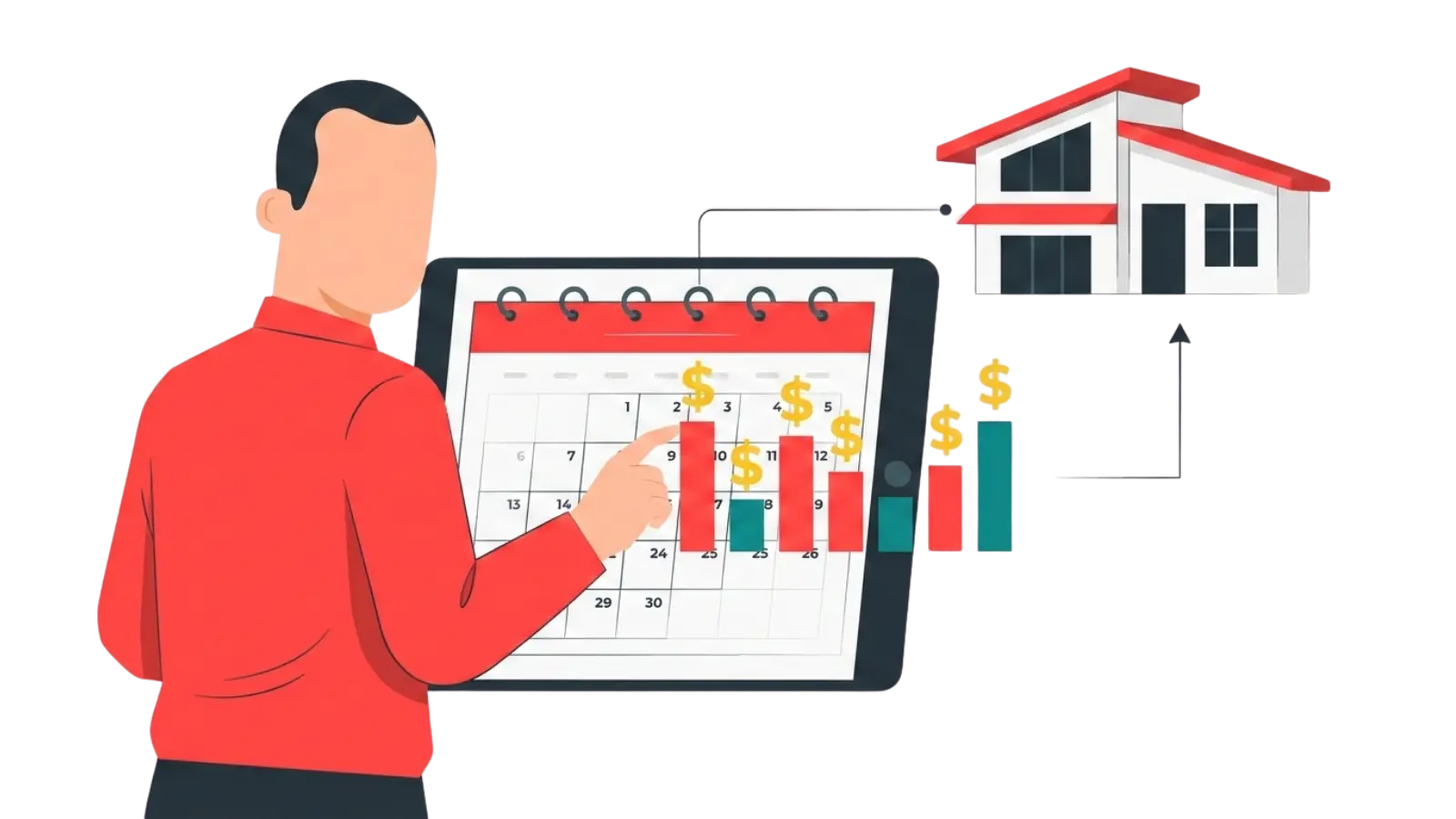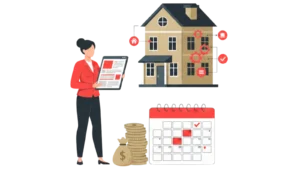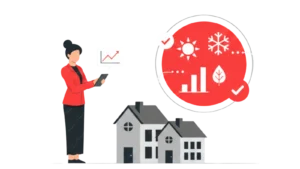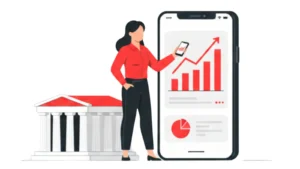Table of Contents
Updated : Jul 24, 2025
Vrbo Refund Policy can mean the difference between scrambling for last-minute funds and breathing easy when plans change. Whether you are a guest worried about a sudden storm or a host facing an unexpected cancellation, understanding how refunds work helps shield both your budget and your peace of mind.
This article explains Vrbo refund rules, how cancellations affect refunds, what occurs when an owner cancels, the role of natural disaster clauses, and the exact steps to request reimbursement under the Vrbo Refund Policy.
Key Concepts: Cancellation vs. Refund
Before diving into Vrbo’s specific rules, it helps to distinguish two related but different ideas:
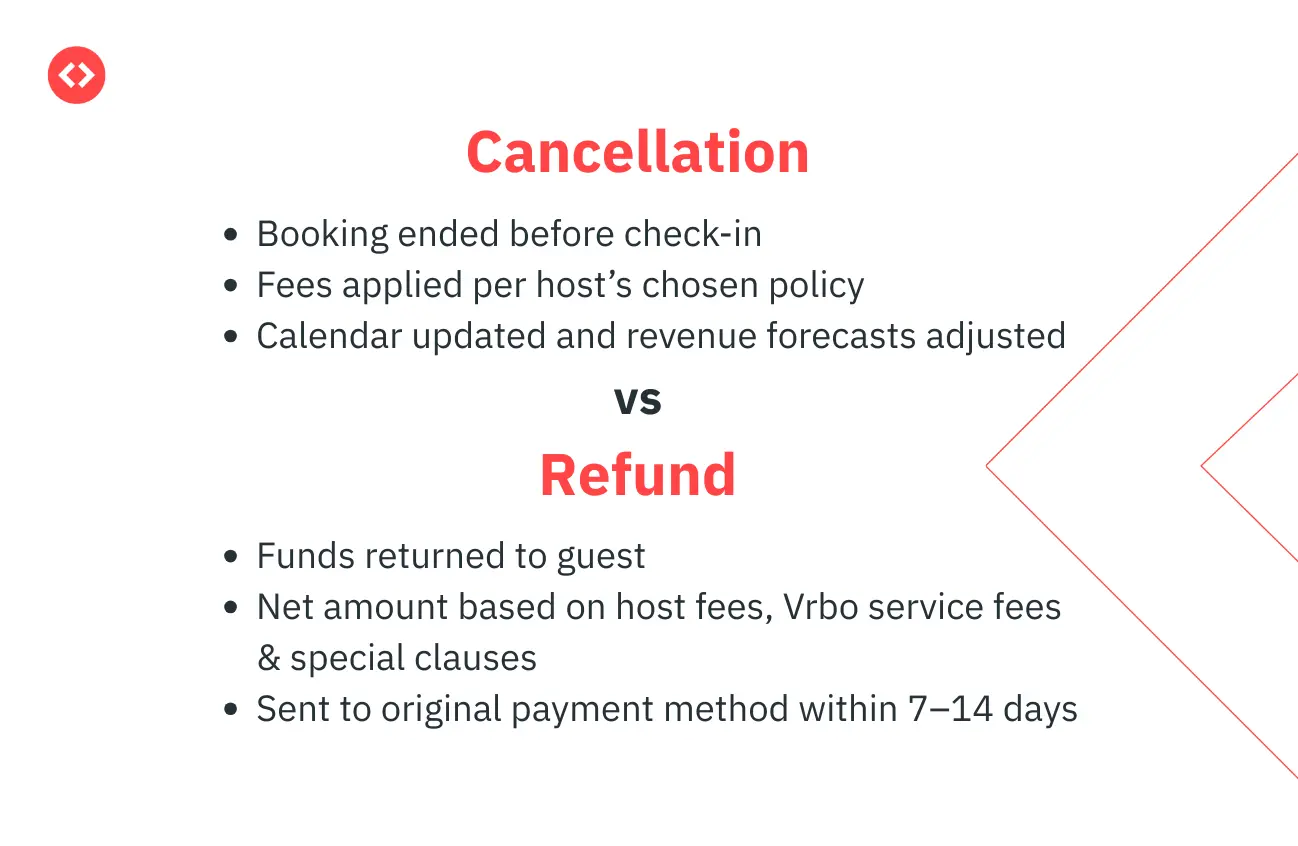
Cancellation
- When a guest or host terminates a booking agreement before the stay begins
- Triggers any cancellation fees set by the host’s chosen policy tier
- Impacts availability calendars and short-term revenue forecasts
Refund
- The actual return of paid funds to the guest after a cancellation
- Calculated based on the host’s cancellation fees, Vrbo service fees, and any extenuating clauses
- Processed through Vrbo or via the original payment method, often within 7–14 days
Why it matters for hosts
- Revenue predictability: Knowing how many bookings may cancel—and what portion of funds you keep—lets you plan ahead. PriceLabs users leverage historical cancellation data to adjust pricing dynamically, ensuring you price aggressive booking windows without exposing yourself to heavy refund losses.
- Cash flow management: A clear refund timeline helps hosts manage operating expenses, cleaning schedules, and maintenance budgets without surprises.
Vrbo’s Three Cancellation Tiers
Vrbo gives 5 pre-made templates for cancellation policies for your property. Each tier sets a different balance between guest flexibility and host revenue protection under the Vrbo Refund Policy:
- Relaxed (14/7): Your guests receive a full refund for cancellations 14+ days before check-in and a 50% refund for cancellations 7-14 days before check-in.
- Moderate (30/14): Your guests receive a full refund for cancellations 30+ days before check-in and a 50% refund for cancellations 14-30 days before check-in.
- Firm (60/30): Your guests receive a full refund for cancellations 60+ days before check-in and a 50% refund for cancellations 30-60 days before check-in.
- Strict (60/0): Your guests receive a 50% refund for cancellations 60+ days before check-in; no refund thereafter.
- No Refund: Your bookings become non-refundable at the time of confirmation.
Each policy also takes into account service fees, which are non-refundable unless the cancellation occurs within 24 hours of the booking and at least 30 days before the check-in date.
Vrbo also lets you customize the cancellation policy according to the following terms:
- Refund thresholds: You can control when the refund occurs and also define how much you refund: full, partial, or no refunds based on your booking patterns.
- Fee retention: You can specify which bookings’ fees remain non-refundable.
- Rebooking credits: You can apply credits to a future stay instead of refunding the booking cost.
Imagine a guest books seven nights at $200 per night under a Moderate policy. If they cancel 20 days before arrival, they receive 50 percent of the total amount (that is $700) back. The host retains $700 minus any Vrbo service fees.
WHat Happens When You (the Owner) Cancel:
Even the best hosts face emergencies that force them to cancel a booking. Under the Vrbo Refund Policy, if the owner cancels, guests have clear protections and options:
- Automatic full refund: If a host cancels at any time before check-in, Vrbo issues a full refund of all paid amounts, including all service fees
- Rebooking assistance: Vrbo offers to help find a comparable property at no extra cost. You may be credited for any rate difference if the new listing is more expensive
- Travel credits: In some cases, Vrbo provides additional travel credit as a goodwill gesture, particularly if cancellation occurs within 7 days of check-in
How to claim your refund
- Log in to your Vrbo account and open your trip details
- Click “Report a problem” and select “Host cancelled”
- Follow the prompts to confirm cancellation and request assistance
- Watch for confirmation emails outlining your refund amount and timeline
Timeline and method:
Once approved, refunds typically reach your original payment method within 7–14 days.
Natural Disasters and Unforeseen Events
Vrbo’s refund policy, hurricane, and broader force-majeure provisions protect guests when nature intervenes.
Here’s what you need to know:
- Covered events: Vrbo generally recognizes hurricanes, earthquakes, wildfires, floods, volcanic eruptions, and similar large-scale disasters as qualifying events, provided they are declared by a recognized authority (for example, the National Weather Service or local government).
- Cancellation window: Guests can request a full refund or travel credit if the covered event occurs within 14 days before check-in or during their stay.
- Documentation requirement: You may need to provide proof, such as an evacuation order, official weather alerts, or insurance claim documentation.
- Host discretion for other events: For events not explicitly covered—like sudden illness or travel bans—guests can negotiate directly with hosts. Many hosts offer partial or full refunds voluntarily, especially if you’ve communicated promptly.
A Category 2 hurricane is forecast to make landfall three days before your trip. You submit your refund request with the official hurricane warning. Vrbo approves a full refund (including service fees) within 10 days, or offers equivalent travel credit valid for 12 months.
While Vrbo’s built-in protections cover major disasters, consider adding travel insurance to your booking for extra peace of mind, especially in areas prone to weather volatility.
Common hiccups and fixes
- Delayed processing: Contact Vrbo support with your confirmation number if you haven’t seen the refund after 14 days.
- Partial refund disputes: Review the host’s stated cancellation tier and submit an appeal through the “Report a problem” flow.
- Credit not received: Double-check spam folders and account notifications for your travel credit code.
By following these steps, you’ll turn a potentially stressful cancellation into a smooth financial recovery.
Is Vrbo’s Refund Policy Traveler-Friendly?
Vrbo’s refund framework strikes a balance between guest flexibility and host protection, but is it truly guest-centric?
Here’s an honest look:
Pros
- Clear tiers make it easy to compare listings by refund potential
- Full owner-cancellation coverage ensures guests aren’t left out of pocket
- Disaster clauses provide peace of mind in hurricane-prone regions
- Travel credits offer an alternative when immediate reimbursement isn’t possible
Cons
- Service fees can remain non-refundable on guest-initiated cancellations, reducing the net return
- Strict policies on high-demand listings mean last-minute changes often yield no refund
- Documentation requirements for force-majeure events can delay approvals
Competitive snapshot
- Vs. Airbnb: Airbnb’s “Flexible” cancellation policy often allows full refunds up to 24 hours before check-in, whereas Vrbo’s Flexible tier requires 14 days—more restrictive for spontaneous travelers.
- Vs. Direct Booking: You can waive all fees on cancellations through your own direct booking website or charge a higher cancellation fee depending on when the cancellation occurs.
Overall, Vrbo’s refund policy delivers solid baseline protections. Guests seeking maximum flexibility may need to book well in advance under a Flexible policy or top up with travel insurance to guard against last-minute changes.
PriceLabs Tips: Book with Confidence
Use these data-driven strategies and PriceLabs features to choose Vrbo listings that protect your budget and yield the best outcomes under any cancellation scenario:
#1 Target the right cancellation template
Filter for Relaxed (14/7) or Moderate (30/14) policies when booking in volatile periods. PriceLabs lets you tag and sort listings by cancellation tier—so you can instantly compare nightly rates alongside refund flexibility.
#2 Simulate cancellation impacts
With our Revenue Estimator Pro, model worst-case cancellation scenarios (for example, a 50% refund under Firm vs. a full refund under Relaxed) to see exactly how each policy affects your net spend. This helps you pick listings that balance cost savings and refund security.

#3 Analyze market policy mix
Use Market Dashboards and Custom Comp Sets to view what cancellation tiers your competitors are offering. If most local hosts use Strict (60/30), opting for a Moderate policy might carry a slight premium—but gives you far greater peace of mind.

#4 Adjust seasonally with Portfolio Analytics
Our Portfolio Analytics surfaces your own booking and cancellation patterns—so you can decide when it’s worth paying more for greater flexibility. For example, shoulder-season stays might favor Relaxed policies, while ultra-peak dates could justify Firm terms.

#5 Layer on add-on protections
Even under Vrbo’s force majeure clauses, unexpected problems can occur. PriceLabs integrates travel insurance cost estimates directly into your search results, allowing you to weigh a small insurance premium against a potential non-refundable booking.
By combining these PriceLabs insights—cancellation-tier filtering, impact simulations, competitor benchmarking, seasonality analysis, and insurance estimates—you’ll secure Vrbo stays that keep your travel fund intact.
Frequently Asked Questions (FAQs)
1. What is Vrbo refund policy if the owner cancels?
If a host cancels, you receive a full refund of all paid amounts, including service fees, within 7–14 days. Vrbo also offers rebooking help or travel credits for any rate difference.
2. How does Vrbo handle refunds for hurricanes?
For declared hurricanes or similar disasters, you can request a full refund or travel credit if the event occurs within 14 days before check-in or during your stay. Be prepared to upload official alerts or evacuation orders.
3. Can I get a refund after check-in?
Refunds after check-in depend on the host’s cancellation tier and the nature of your request. Standard policies generally do not allow refunds once your stay has begun unless a force-majeure event applies.
4. How long does Vrbo take to process a cancellation refund?
Once approved, refunds to your original payment method typically arrive within 7–14 days. Travel credits, if offered, are issued within 5 days and valid for one year.


